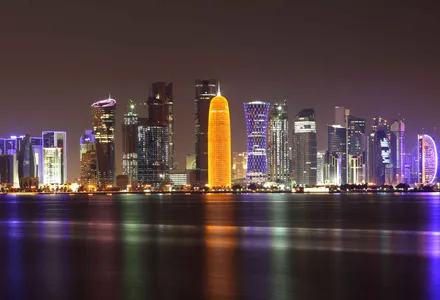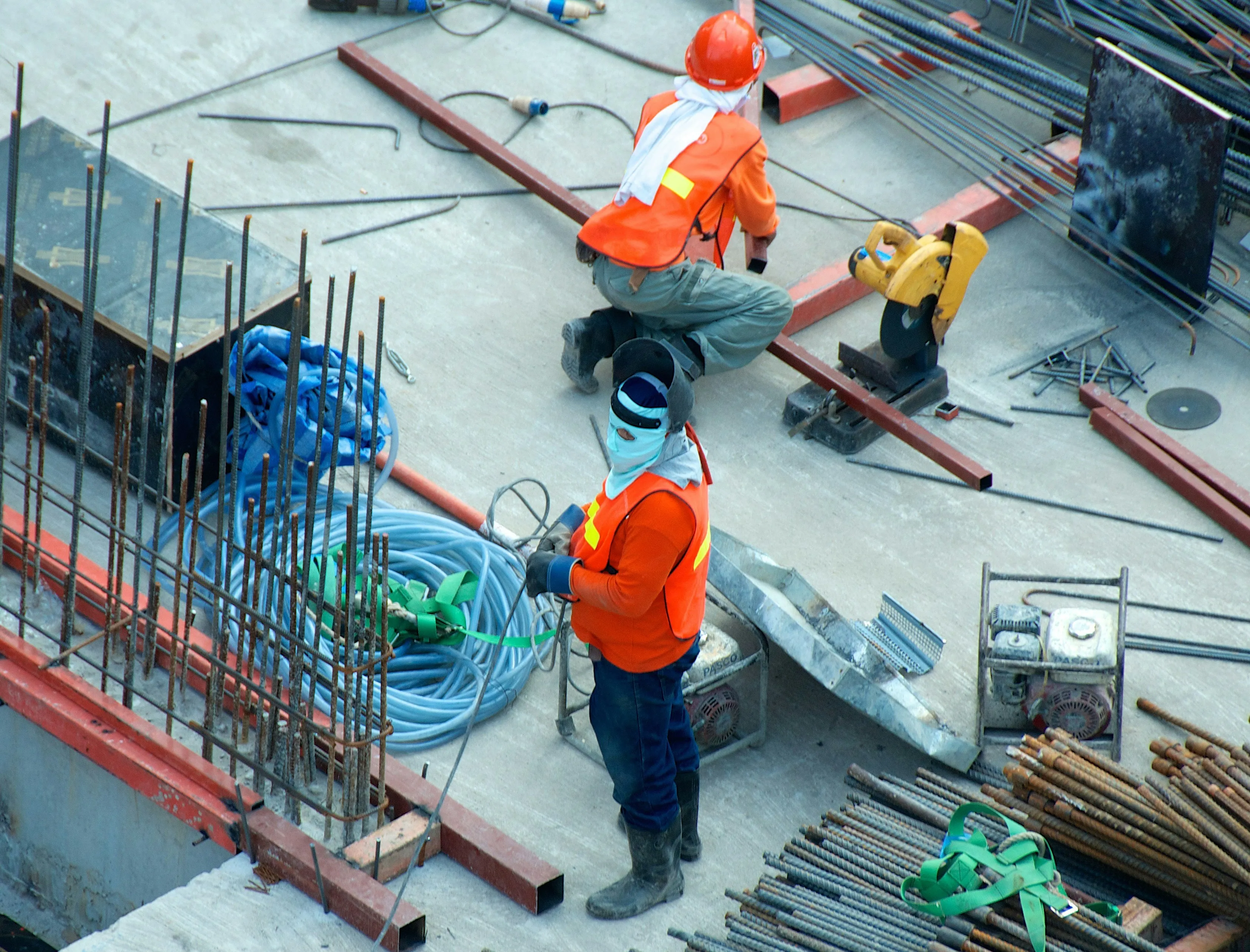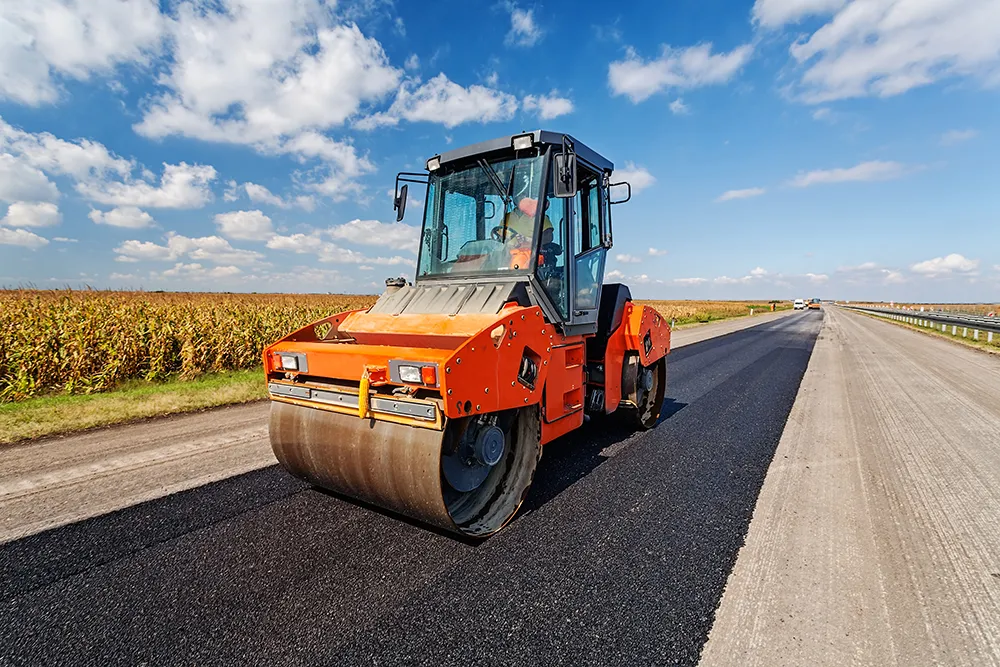The organisers of Intertraffic India 2013 expect substantial growth both in exhibitors and attendees over the previous event, held in 2011. Intertraffic India was launched in 2011 with 85 exhibitors, of which 60% were international firms and the show attracted 3,000 visitors. But with strong growth in India’s infrastructure sector, higher exhibitor and attendee levels are predicted for 2013. The event will be further boosted by its link with the IRF through its Regional Conference, which is being run in par
February 28, 2013
Read time: 2 mins
The organisers of 244 Intertraffic India 2013 expect substantial growth both in exhibitors and attendees over the previous event, held in 2011. Intertraffic India was launched in 2011 with 85 exhibitors, of which 60% were international firms and the show attracted 3,000 visitors. But with strong growth in India’s infrastructure sector, higher exhibitor and attendee levels are predicted for 2013. The event will be further boosted by its link with the IRF through its Regional Conference, which is being run in parallel. “The forthcoming Intertraffic and 8th IRF Regional Conference is expected to be the largest event of this year in this part of the world.” says Kiran Kumar Kapila, Chairman of the 1201 IRF Geneva Programme Centre. “At the Conference State-of-the-Art Practices will be displayed for advance parking solutions, newer materials and technologies, toll management equipment, smart card technology, traffic signs and lights, various barrier systems, public lighting, road construction maintenance, rail technology, tunnel technology, street furniture, reflective material and many others as projected on our website.”
The Indian economy has been one of the fastest growing economies with a growth rate of around 6%. The infrastructure sector continues to enjoy the favour of the government since the liberalization of the economy two decades back, and 12th Plan has proposed an investment of US$ one trillion equivalent*, and road development is recognised as an essential component to sustain India’s economic growth trajectory. The growth of economy has a direct impact on vehicle ownership and as a result is placing tremendous pressure on urban parking. Only innovative parking technology and design options can prevent large cities from becoming inadequate surface parking lots. The costly urban space makes it impossible to provide sufficient space for parking so advanced technology will have to be adopted, such as computerised and automated parking lots and other innovative specific parking solutions.
The Indian economy has been one of the fastest growing economies with a growth rate of around 6%. The infrastructure sector continues to enjoy the favour of the government since the liberalization of the economy two decades back, and 12th Plan has proposed an investment of US$ one trillion equivalent*, and road development is recognised as an essential component to sustain India’s economic growth trajectory. The growth of economy has a direct impact on vehicle ownership and as a result is placing tremendous pressure on urban parking. Only innovative parking technology and design options can prevent large cities from becoming inadequate surface parking lots. The costly urban space makes it impossible to provide sufficient space for parking so advanced technology will have to be adopted, such as computerised and automated parking lots and other innovative specific parking solutions.









